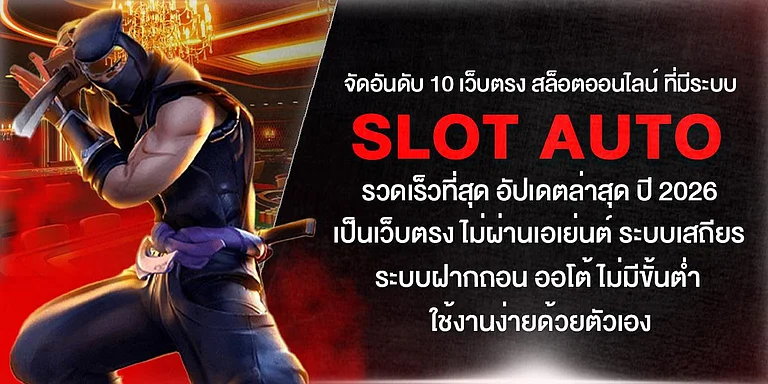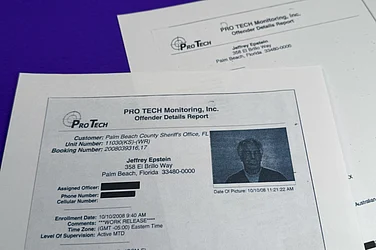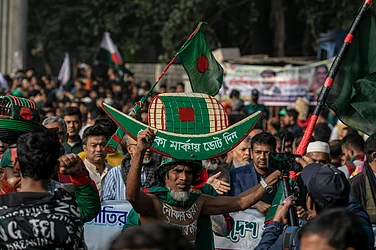Who is to blame for Sri Lanka’s current plight? The powerful Rajapaksa family that dominated the island's politics since 2005, when Mahinda Rajapaksa was first elected President? His brother Gotabaya Rajapaksa, who stepped forward because the Sri Lankan Constitution does not allow three terms for a President? Or the Sinhala Buddhist voters for their love of strong assertive leadership, never mind that along the way these charismatic leaders trample on human rights, promote chauvinism and show minorities their place in a predominantly Sinhala Buddhist country.
The Rajapaksa family came to power legitimately and the very people that brought them to power with overwhelming enthusiasm have realised that their gods had feet of clay. The lesson for voters in democracies is to be mindful of their choices, to be aware of the baser instincts of the political leaders they place on a pedestal. Sri Lanka would not have seen these dark days if people were more discerning and not blown over by the rhetoric of the political heroes.
And the flaws were there for all to see. The triumphalism that was on show after the 2009 military campaign that wiped out the entire top leadership of the Liberation Tigers of Tamil Eelam, including Velupillai Prabhakaran the reclusive leader of the militant group. President Mahinda Rajapaksa was compared to the ancient Sinhala, Dutugamunu and his brother defence secretary Gotabaya Rajapaksa responsible for co-ordinating the war effort was nicknamed the Terminator. The gross violation of human rights during the last phase of the military campaign and the murder in cold blood of Prabhakaran’s young son were all given a go-by by the majority community.
In November 2019 Gotabaya Rajapaksa got a decisive mandate from the people and defeated his rival Sajith Premadasa (son of former President Ranasinghe) of the United National Party. President Rajapaksa won hands down mainly because of the people’s yearning for strong leadership following the lacklustre performance of the former president Maithripala Sirisena who spent the latter part of his presidency in trying to scuttle prime minister Ranil Wickremasinghe with whom he had fallen out. The fact that the squabbling coalition parties could not prevent the deadly Easter bombings that killed an estimated 269 worshippers in simultaneous attacks and injured over 1000 despite being tipped off by Indian intelligence, was a black mark on the government. People yearned for a strong leader to deal with terrorism and to take the island nation forward with magnificent developmental projects. Gotabaya campaigned on the plank of national security and economic progress.

"Before the Gotabaya Presidency and in the aftermath of the Easter Sunday attacks, there was a general euphoria among the majority Sinhalese that a thorough militarization with all the trappings of a police state, with surveillance, questioning, screenings and curtailment of civil rights was the way to go , to ‘save the country',’’ an unsigned opinion piece in Sri Lanka’s English newspaper, the Daily Mirror noted.
Sinhala Buddhist chauvinism was whipped up by the Rajapaksas to sustain themselves in power. The long years of the ethnic war and terror attacks by the LTTE created the ideal breeding ground for whipping up anti-Tamil sentiments in the country. Buddhist priests, rural masses in the Southern heartland and many across the island nation were all vehemently anti-Tamil and supporters of a strong unitary Buddhist nation. The Rajapaksa brothers played footsie with supremacist groups like the Bodu Bala Sena (BBS).
Gotabaya appointed the general secretary of this extremist Sinhala group a Buddhist monk. Galagoda Aththe Gnanaasara Thero as chairman of a Presidential Task Force on "one country one law.’’ As defence secretary in 2013, during brother Mahinda Rajapaksa’s presidency, Gotabaya’s decision to inaugurate a BBS institution in Galle was roundly criticised by many people because of the extreme right-wing propaganda promoted by the right-wing group.
The Bodu Bala Academy was established for the innocuous aim of training bhikkus or Buddhist priests to develop leadership qualities. On the face of it, there was nothing wrong in doing so. But as the outfit is known for its extreme chauvinistic anti-Tamil views, eyebrows were raised at the defence secretary’s presence at the inauguration. Gotabaya and the Rajapaksas used the BBS to whip up anti-Tamil and anti-Muslim sentiments (this after the Easter bombings) on the island. In a 2013 rally in Colombo, the BBS leader Galagoda Aththe Gnanasara proclaimed openly "This is a government created by Sinhala Buddhists and it must remain Sinhala Buddhist. This is a Sinhala country, Sinhala government. Democratic and pluralistic values are killing the Sinhala race". The BBS and other Sinhala right-wing groups were the stormtroopers for the Rajapaksa clan. Other fringe groups like the Ravana Balakaya and Maha Balakaya were also favoured and used by both brothers whenever they wished to drum up support.
Gotabaya had had extensive interaction with the armed forces during his tenure as defence secretary. As President too he trusted the defence services and filled his administration with former military, air force and navy commanders. The militarisation of the state machinery continued much after the civil war was over. The head of Sri Lanka’s foreign service was an ex-naval commander Jayanath Colombage who headed the Lankan navy from 2012 to 2014.In 2020 he was appointed the foreign affairs advisor to the President in November 2020. Military officers were also in charge of the Covid Task Force to help the island tackle the pandemic. Apart from government institutions, Gotabaya also appointed former defence officers to head academic institutions and were members of important government-appointed panels. There were no complaints as the euphoria over the defeat of the LTTE lingered on and the army generals, as well as ordinary soldiers, were loved and admired for their sacrifices during the war. Even towards the end of his term, Gotabaya relied on the army and the police to man distribution points for fuel and other essentials. No one bothered about the atrocities committed by the army and the treatment of Tamil civilians in the north and east of the country. Those who spoke out were dubbed as unpatriotic in the service of western powers that made a fuss about liberty and human rights.
"Under the Gotabaya Rajapaksa presidency, we have witnessed the consolidation of power and weakening of Parliament and independent institutions with clear signs of authoritarian and militarized governance. The populist policies have led to multiple problems including democratic backsliding and looming humanitarian crisis. These all call for urgent steps to address reforms and usher in a new political culture in Sri Lanka,’’ says Bhavani Fonseka, senior researcher at the Centre for Policy Alternatives (CPA) .
But the situation is not all doom and gloom. As Radhika Coomaraswamy, former UN diplomat and social scientist has pointed to the awakening of the ordinary masses, which she terms as "active citizenry" - meaning people as watchdogs of government. People through these months of protest are much more aware of their rights and what they expect from their government. The protests are no longer only about political change and economic management but a movement for social change to rebuild Sri Lanka.
Active citizens will hopefully keep all future governments on their toes and work towards communal harmony and help the beautiful island nation to reach its full potential. ends



























